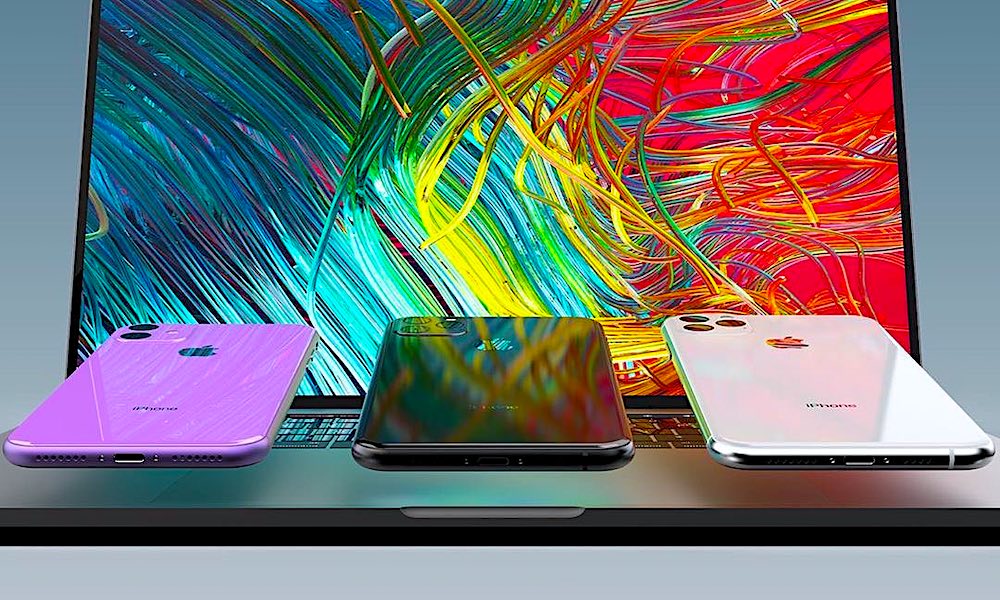Lead ARM Chip Architect Poached by Apple – Here’s Why Mac Users Care
 Credit: Bro.King
Credit: Bro.King
Toggle Dark Mode
Apple has hired a former ARM CPU system architect, lending some credence to reports that the Cupertino tech giant is currently developing its own ARM-based Mac chips.
Mike Filippo joined Apple last month, according to his LinkedIn profile. He previously served as ARM’s lead CPU and system architect since 2009. Before that, Filippo was a lead CPU and system architect for Intel from 2004 to 2009 and a chip designer at AMD between 1996 and 2004.
Filippo’s departure from ARM was confirmed by the company in a statement to Bloomberg.
The publication noted that Filippo’s wealth of chipmaking experience is likely to aid Apple in its own ARM-based efforts. It could also help fill the void left by Gerard Williams III, Apple’s previous lead designer of ARM-based iOS chips who left the company earlier this year.
Apple’s ARM Transition
To be clear, the ARM architect’s hiring doesn’t confirm that first-party Mac chips are coming anytime soon. But together with other reports and rumors, it appears that Apple may very well be ramping up its Mac chip efforts.
Apple was first rumored to be working on in-house ARM-based chips last year. The project, internally codenamed Kalamata, was still in its early phases at the time, Bloomberg reported.
It isn’t clear when we’ll see the first ARM-based Macs, but Apple could start the transition by next year. In fact, there have already been supply chain rumors indicating that an ARM-based chipset could be on the docket sooner than later.
The big benefit for Apple, of course, is that it would lessen its reliance on third-party firms for critical pieces of hardware. But what about the benefits to Mac users?
Why Mac Users Care
For one, Intel has had a rough couple of years in getting its latest chips out on time. That has caused delays in what processors are available in new Mac products. In other words, if you see a slightly outdated chip in a new Mac, the blame isn’t all on Apple.
ARM-based chips, in general, have some advantages over the CPUs that Apple puts it its current Macs. They sport lower power consumption and are typically physically smaller. That could lead to better battery life and more room for other internal components.
Apple is also already really good at producing excellent ARM-based chips — just look at the A-series chipsets in the latest iPhones. The A12 Bionic, found in the iPhone XS family, rivaled the best CPUs available at the time in terms of performance.
An Apple-produced Mac chip could also feature similar hardware and software integration. It’s not a stretch to think that an ARM-based Mac chip could feature blazingly fast performance because of that integration.
Lastly, the switch could also allow Apple to better merge iPadOS and Mac app development, since the two platforms would share a common architecture. Apple is already on this with the reveal of Project Catalyst, but moving Macs over to ARM-based chips would further that goal.






